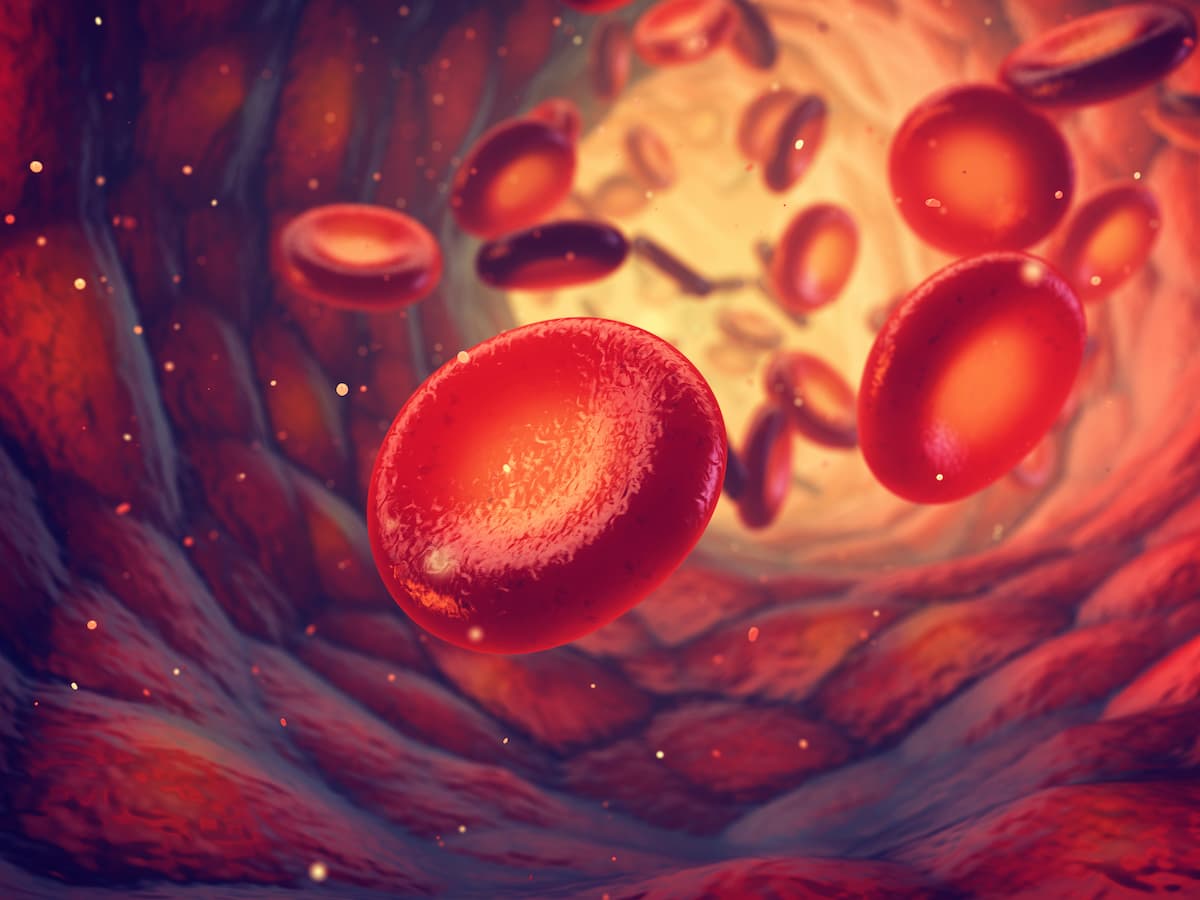GTB-3650 Snags FDA Clearance for IND Application in CD33+ Leukemia
Investigators will assess the clinical activity, safety, and pharmacokinetics of GTB-3650 among those with CD33-expressing cancers in a phase 1 trial.
In the dose-escalation phase 1 trial, GTB-3650 will be evaluated in up to 6 cohorts of adult patients with relapsed/refractory CD33-expressing hematologic cancers, which include acute myeloid leukemia (AML) and high-risk myelodysplastic syndromes (MDS).

The natural killer (NK) cell engager, GTB-3650, has been given FDA clearance for an investigational new drug (IND) application as a potential treatment for patients with CD33-positive leukemia, according to a news release by the drug’s developer, GT BioPharma.1
The clearance will allow GT BioPharma to proceed with a phase 1 trial of GTB-3650, which is under the TriKE® platform. The study is slated to start in the second half of 2024.
“FDA clearance for GTB-3650 is a tremendous accomplishment and we look forward to submitting our next IND in the first quarter of 2025 for GTB-5550, which will target multiple solid tumors”, Michael Breen, executive chairman and interim chief executive officer of GT Biopharma, stated in the news release.1 “As we ramp up our clinical activities, we plan to start the phase 1 trial with GTB-3650 in the coming months followed by multiple data readouts in 2025. We also expect to start a basket trial with GTB-5550 for multiple solid tumors in 2025 and remain very enthusiastic in our pursuit of additional opportunities for various autoimmune indications where our TriKE’s may have therapeutic utility.”
In the dose-escalation phase 1 trial, GTB-3650 will be evaluated in up to 6 cohorts of adult patients with relapsed/refractory CD33-expressing hematologic cancers, which include acute myeloid leukemia (AML) and high-risk myelodysplastic syndromes (MDS). The treatment will be dosed in 2-week blocks of a 2-weeks-on, 2-weeks-off schedule for up to 4 months depending on clinical benefit.
Outcome measures will comprise clinical activity, safety, pharmacokinetics, pharmacodynamics, and in vivo expansion of endogenous patient NK cells.
“GTB-3650 is designed to target NK cells within the immune system to potentially overcome many of the limitations of current AML chemotherapies,” said Breen.1 “Our trial design should give us an early read on safety and potential therapeutic activity and also provide valuable learnings that we can translate into our clinical development plans for follow-on TriKE molecules, including GTB-5550.”
Additionally, GTB-5550, also in the TriKE platform, is being explored as a treatment for patients with B7H3-positive solid tumors, with an anticipated IND submission timeline in the first quarter of 2025. GTB-5550 is expected to be examined in a dose-escalation phase 1 basket trial; the study will explore the treatment in prostate cancer, breast cancer, head and neck cancer, ovarian cancer, lung cancer, and gastrointestinal cancers.
Previous phase 1/2 data with GTB-3550, the developers’ first TriKE candidate, showed that the agent significantly reduced bone marrow blasts in select patients with high-risk AML and relapsed/refractory AML.2 Data from the trial (NCT03214666) at the time showed that of the 9 patients enrolled, the first 4 who were treated with GTB-3550 did not experience toxicities and received the therapy below the anticipated dose and maximum-tolerated dose. The remaining patients were treated at doses ranging from 25 mcg/kg daily to 100 mcg/kg daily.
Sixty percent of patients experienced a reduction in bone marrow blasts, which was at significant levels for 2 patients. No cases of cytokine release syndrome were reported.
When examined via dose levels, results showed that the patient who received the 50 mcg/kg daily dose experienced a 61.7% reduction in bone marrow blast levels; at the 100 mcg/kg daily dose, there was a 63.7% reduction. At the 50 mcg/kg daily dose, the patient experienced a reduction from pretreatment at 12% to 4.6% after receiving GTB-3550. In the 100 mcg/kg dose, levels decreased from 22% to 8%.
References
- GT Biopharma announces FDA clearance of investigational new drug (IND) application for GTB-3650, an NK cell engager for treatment of CD33+ leukemia. BT Biopharma, Inc. News release. June 27, 2024. Accessed July 2, 2024. https://finance.yahoo.com/news/gt-biopharma-announces-fda-clearance-131500585.html
- GT Biopharma announces updated interim GTB-3550 Trike™ clinical trial results. News release. GT Biopharma. Published March 17, 2021. Accessed July 2, 2024. https://www.prnewswire.com/news-releases/gt-biopharma-announces-updated-interim-gtb-3550-trike-clinical-trial-results-301248091.html